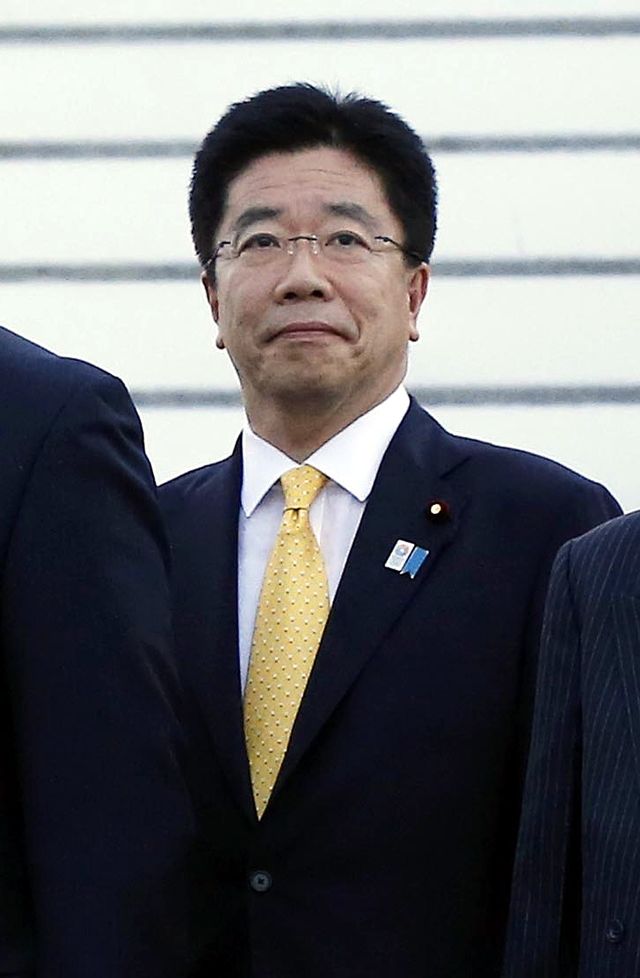 From the 1960s to the 1980s, Japan’s economy was strong. Today, this is not the case. Looking at Japan’s economy in 2013, one can compare it negatively to the UK’s. As economist James Carrick pointed out, today there is a mounting fear that Japan’s 2008 financial crisis will not be that dissimilar to the “prolonged period of poor or non-existent growth in the UK.”
From the 1960s to the 1980s, Japan’s economy was strong. Today, this is not the case. Looking at Japan’s economy in 2013, one can compare it negatively to the UK’s. As economist James Carrick pointed out, today there is a mounting fear that Japan’s 2008 financial crisis will not be that dissimilar to the “prolonged period of poor or non-existent growth in the UK.”
Ben Chu, Economics editor of ‘The Independent,’ questioned whether there would ever be a full economic recovery in the UK, especially given the Bank of England’s prediction of continued stagnancy. Vis-à-vis Japan, UK, economy, Richard Koo noted the parallels between the two. An economist at the Nomura Institute, Tokyo, he said that particularly after the bubble burst in Japan, its central bank “sought to contain the destructive forces of deflation through quantitative easing.” But this didn’t help the money supply or boost bank lending.
Carrick concludes though that there is a strong sense that the UK will not encounter “a Japanese-style slowdown.” He feels that the UK is actually stronger and more dynamic and thus will not go down the same path. Nonetheless, by learning more about Japan’s weaknesses, it is easier to see what might help for the UK economy. In the UK there is has been an escalation in immigration and rising retirement ages which has boosted the economy. This is not the case for Japan which has encountered a “slowdown as [the] working population growth went into reverse.”
Still, Philip Aldrick, Economics Editor at ‘The Daily Telegraph,’ points to the “eerie parallels” between the Japan, UK, economies. Statistically the facts speak for themselves. He says, “Japan’s economic problems are well-rehearsed. The world’s third largest economy has national debt of 236pc of GDP, and a budget deficit of 10pc. The UK, by comparison, is a bastion of fiscal rectitude, with national debt of 88pc and an 8pc budget deficit, using International Monetary Fund numbers.”
One of the biggest problems facing Japan’s economy right now is the unrealistic optimism of its experts. According to professor of comparative religion, Tetuso Yamaori, “the Japanese are optimistic. They believe the good times will come.” The UK on the other hand is more realistic, “get[ting] on top of its debts before they choke off not just the economy, but the hopes of a generation. Infrastructure spending is not the solution. Japan tried building its way to growth, but it just loaded up the debt burden.” Kohei Otuska, Democratic Party of Japan politician, argued, “the Japanese people…unless they experience a crisis, they don’t’ think they need to respond.”
Thus there are parallels between the economies of Japan and the UK. It is thus worthwhile to look at the positives and negatives on each and act accordingly.
 Australia has to decide whether it will go west (with France or Germany) or east (with Japan) vis-à-vis its choice of partner for the next generation of submarines. This project is set to be Australia’s “biggest ever defense procurement programme.”
Australia has to decide whether it will go west (with France or Germany) or east (with Japan) vis-à-vis its choice of partner for the next generation of submarines. This project is set to be Australia’s “biggest ever defense procurement programme.”




